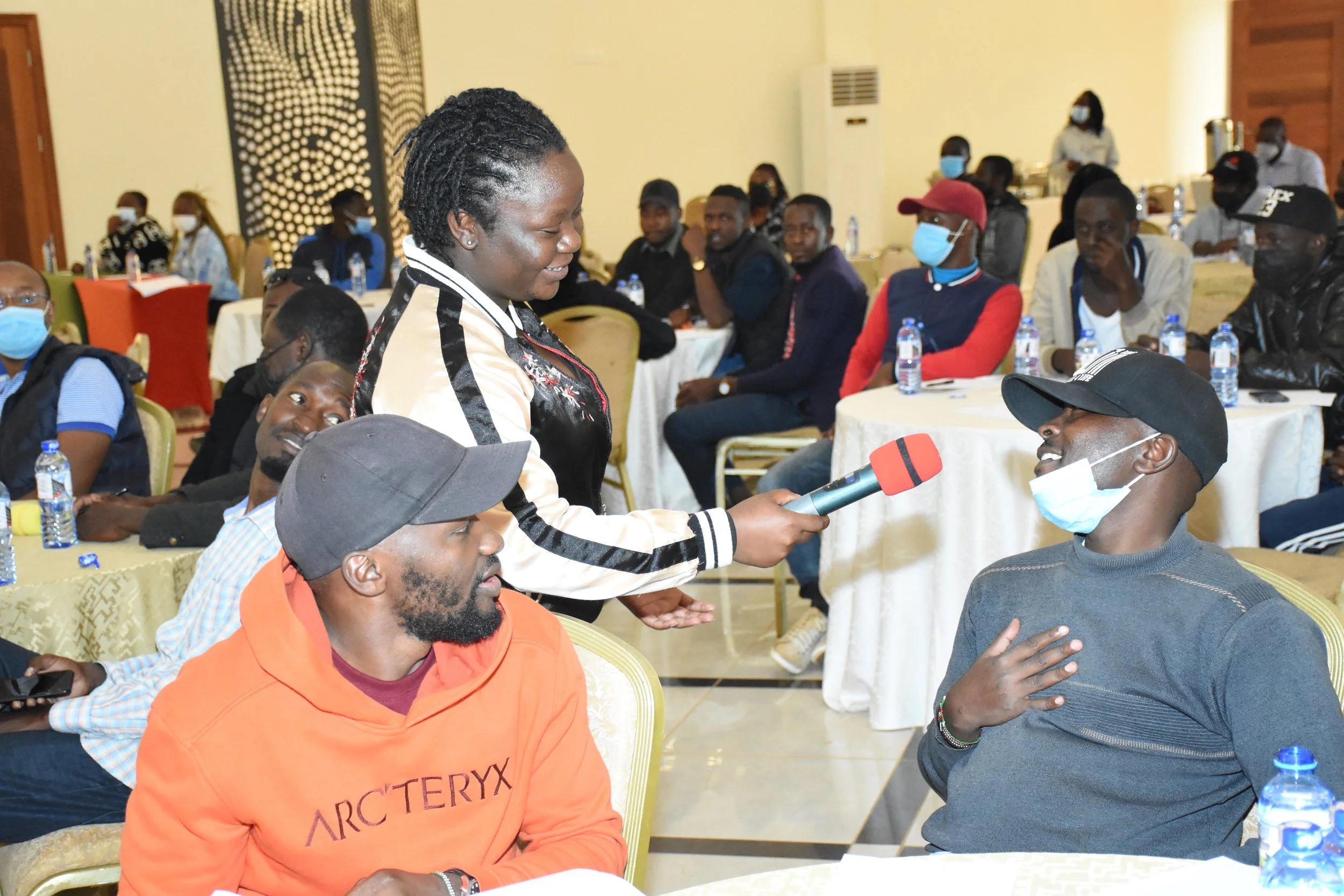It is incontrovertible that the peace and security challenges experienced in Africa from the 1990s put continental and international attention on the key roles played by young men and women in episodes of armed conflict and insecurity. Successive wars and violations of formal peace agreements and processes across the continent further heightened the attention and concern of policy institutions to the participation of youth in armed conflicts and violence. Across the divide, young people continue to constitute the core of combatants, while also representing a significant number of those affected by armed conflicts, violent extremism, banditry, violent protests and gender-based violence in Africa. For instance, in addition to disruption of education and youth-sensitive socio-economic activities, “estimates of direct conflict deaths in 2015 suggest that more than 90 percent of all casualties involved young males.”
Kenya Kwanza Coalition | Towards a Sustainable Bottom-up Economy
THE KENYA KWANZA COALITION recognizes the Youth as essential and indispensable to the integrity, stability, prosperity, and posterity of our nation and as key drivers of national development, CONVINCED that Kenya’s greatest potential resides in its youthful population and that only through their active and full participation can Kenya surmount the developmental challenges of the present and the future; DEEPLY CONCERNED about the situation of the Kenyan Youth who are yet to be fully engaged and included in production and development,
The Youth Cafés Report Of The 7th Eu-Africa Business Forum 2022.
The 7th EU-Africa Business Forum (EABF22) took place online from 14th to 18th February 2022 and in a hybrid format on the 16th and 17th of February 2022, at The Square, in Brussels (Belgium). The Forum was jointly promoted and sponsored by the European Commission and the African Union Commission and organized in partnership with the Pan-African business organizations Africa Business Council, Pan African Chamber of Commerce and Industry, AfroChampions, Business Africa, and the PanEuropean business organizations Business Europe, European Business Council for Africa and the Mediterranean, Eurochambres and European Entrepreneurs CEA-PME.
How Does The Youth Café Promote Critical Citizenship Among Youth In Kenya?
The Youth Café trains the youth on civic education driven by result-oriented, evidence-based performance, which informs Our Theory of Change: A Pathway for Action, Sustainability, Results, Learning, and Adoption. These changes include institutional changes, service systems, community norms, partnerships, public will, policies, regulations, service practices, business practices, and issue visibility.
The Youth Café At The Voluntary National Review-Voluntary Local Review Workshop.
Voluntary National Review is a strategy based on the 2030 Agenda: Member states to "conduct regular and inclusive reviews of progress at the national and sub-national levels, which are country-led and country-driven. Like the 2030 Agenda of participation, The Youth Café strives for global connection, has reached over 72 countries, and is a local and national rope for achieving goals. The Youth Cafés principles are a call to action for governments, civil societies, private and public sectors, bi- and multilateral, and knowledge institutions. To invest in mutual prospects and work in partnership for sustainable development.
The Building Bridges Initiative(BBI) | Is There Anything New For Kenyan Youth?
The theme of inclusivity as a justification of the BBI process featured some of the concerns of the young people in Kenya through selected representatives. Inadequate job opportunities, stringent barriers to entry into employment, and business, among others, are some of the issues raised as the causes of the widening gap of exclusion of the younger generation. On the other hand, the theme of shared prosperity suggested that the most pressing hindrance to intra-generational equity in Kenya is the lack of capacity to generate sufficient jobs and employment for the youth







